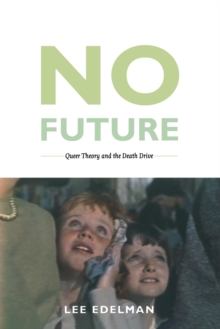
Making Girls into Women : American Women's Writing and the Rise of Lesbian Identity PDF
by Kent Kathryn R. Kent
Part of the Series Q series
Description
Kent not only analyzes how texts represent queer erotics, but also theorizes how texts might produce them in readers. She describes the ways postbellum sentimental literature such as that written by Harriet Beecher Stowe, Louisa May Alcott, and Emma D. Kelley eroticizes, reacts against, and even, in its own efforts to shape girls' selves, contributes to the production of queer female identifications and identities. Tracing how these identifications are engaged and critiqued in the early twentieth century, she considers works by Djuna Barnes, Gertrude Stein, Marianne Moore, and Elizabeth Bishop, as well as in the queer subject-forming effects of another modern invention, the Girl Scouts. Making Girls into Women ultimately reveals that modern lesbian identity marks an extension of, rather than a break from, nineteenth-century women's culture.
Information
-
Download - Immediately Available
- Format:PDF
- Pages:368 pages
- Publisher:Duke University Press
- Publication Date:17/01/2003
- Category:
- ISBN:9780822384571
Information
-
Download - Immediately Available
- Format:PDF
- Pages:368 pages
- Publisher:Duke University Press
- Publication Date:17/01/2003
- Category:
- ISBN:9780822384571










